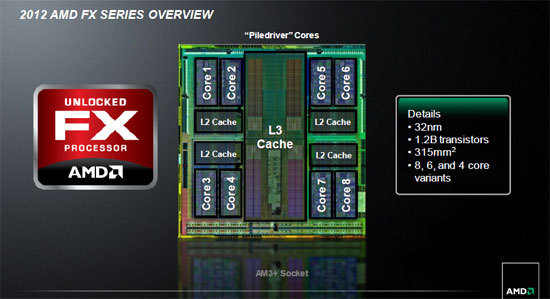I've been out of the loop with AMD. I'm still rocking a E6600 @ 3.4ghz on my desktop and i5-3xxx on the laptop.
I know intels hyperthreading is acutally 2/4 cores with some virtualization magic to make it have 4/8 threads. With this hyperthreading the speed is still roughly 2/4 cores, with just better multitasking ability.
I see that amd has 4 cores / 8 modules. Is this a true 8 processors on the CPU's or just their version of hyperthreading?
Disregarding single thread performance, cumulatively is an 8module amd > 4 core intel?
I know intels hyperthreading is acutally 2/4 cores with some virtualization magic to make it have 4/8 threads. With this hyperthreading the speed is still roughly 2/4 cores, with just better multitasking ability.
I see that amd has 4 cores / 8 modules. Is this a true 8 processors on the CPU's or just their version of hyperthreading?
Disregarding single thread performance, cumulatively is an 8module amd > 4 core intel?



